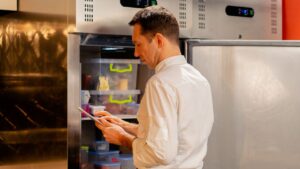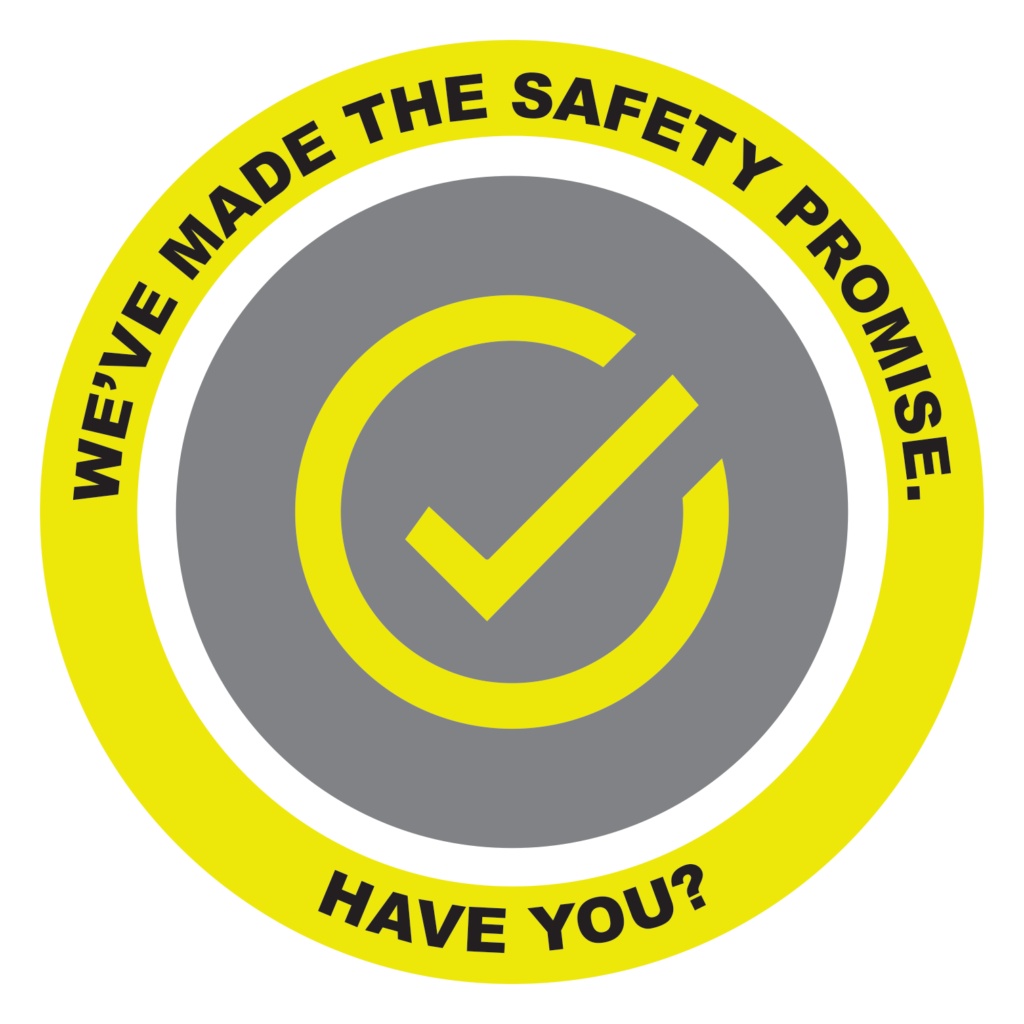What causes aircon leaks and how can you address this serious issue?
An air conditioner is vital for the comfort of families in Australia. Having a functional air conditioning system is a big relief when the sun is scorching hot during the summer months.
However, an aircon leaking water will bring more problems if ignored in the long run. Condensation is normal, and some water dripping from the unit can be considered normal. These dripping moistures are collected by the condensate drain line, which leads the dripping water away from the house. If there is excessive water leaking from the unit that starts to stain the walls or pool underneath the unit, then it’s time to call in an AC expert. Excessive water leaking can damage the home interior and electricals, leading to other problems if not taken care of properly.

What Causes Leaking Water From My Aircon
There are many possible reasons why an air conditioning unit leaks too much water. Here are the primary causes of a leaking aircon.
The drain line is clogged.
As mentioned, the drain line carries the dripping water from the unit away from the house. Therefore, when the condensate drain line is clogged, the water has nowhere else to go but back up the drip pan and starts to leak out of the unit.
The drain line can clog for many reasons. It can clog because of the accumulation of dirt and debris. It can also be blocked by pests or rodents stuck along the length of the drain line.
The drip pan is damaged.
The drip pan catches the drip from the condensate. Therefore, if it is damaged or worn out, water can easily go through it. When the unit’s drip pan is damaged, the homeowner should replace it immediately to avoid leaking.
The unit’s condensate pump is broken.
The condensate pump is responsible for removing the water from the unit. A damaged condensate pump may leak water outside the aircon unit because of pump failure. It can lead to water accumulation, which can then spill over and leak out of the unit.
The drain line is disconnected from the A/C.
Another possible reason why an ACU may be leaking is that the drain line has disconnected from it. As a result, water from the drip pan will have nowhere to go but leak out.
The air filter is dirty.
When the air filter is dirty, cold air will go back to the evaporator coil. Since the air does not flow freely, the cold air will freeze the evaporator coil. Once it starts to melt, water will drop down the drip pan.
This adds to the water that the pan has to handle. It can lead to overflow, with water leaking out of the unit.
The A/C unit is low on refrigerant.
One of the signs that an A/C is low on refrigerant is that it will experience low pressure. The lower pressure will also cause the evaporator coil to freeze. Just like with a dirty filter, once the ice in the evaporator melts, it will cause an overflow of water in the pan.
The unit was not installed correctly.
If a newly installed unit is leaking, it could mean that it was not installed correctly. Contact the installers immediately so they can make the necessary corrections and avoid further damage.

What are the Ways to Help Prevent My Aircon from Leaking?
Here are six ways homeowners can stop or prevent leaks from their aircon.
1. Invest in the regular maintenance of your air conditioner.
There is no substitute for routine maintenance to have a functioning unit. Regular maintenance helps homeowners maximise the lifespan of their units, spot a problem while it is not yet serious, and save on their energy usage. Once a problem is identified early, it can be immediately resolved, reducing the risks of more catastrophic issues.
2. Clean the filters.
Clean aircon filters allow the cold air to flow freely. This will prevent the evaporator coil from freezing, contributing to water leaking when the ice melts.
3. Ensure that it is installed correctly.
Properly installed air conditioners are more likely to work without any issues. Make sure that the front of the unit is a little higher than its back. Proper placement will facilitate proper draining of water to avoid leaks. If not, the water will drip into the house, causing problems and damage.
4. Inspect for icing.
It is worth checking the cooling coil if there is ice forming. A block of unchecked ice in the unit will later melt and cause the A/C unit to leak. If there is ice in the coil, call a professional immediately to fix it.
5. Refill lost refrigerants.
A shortage in refrigerant will result in the A/C having difficulty cooling the room. Insufficient refrigerant also causes water leakage, so call an expert to check and have it replaced with a new refrigerant.
6. Unblock the drainage hole.
Make sure that the unit’s drainage hole is free of obstruction. An air conditioner is designed to let out any water drip and lead it to the drain line and away from the house. A clog will stop the water from coming out, and the water inside the A/C unit will soon leak into the house. Also, check the drip pan and condensate drain to ensure that water flows freely.
What a Leaking Aircon Can Do to My House
Excessive moisture in the house can lead to major issues. For example, it can result in stains on the wall and floors, leading to unsightly water marks and spots. It can damage and weaken the house’s structure if not addressed sooner.
Leaking water from the unit may also cause electrical problems. When it does, homeowners do not only need to contend with the problem of the AC; they also need to deal with another serious problem.

Contact Coles Refrigeration for Any Problem with Your AC Unit.
Whether your A/C does not cool your house enough or it is leaking, we at Coles can help fix it for you.
Our company serves residential and commercial clients in Newcastle, Hunter Valley, NSW Central Coast, and the surrounding areas. We also provide 24/7 air conditioning services for your emergency and urgent needs. Call us on 02 4957 0221 or send an enquiry through this contact form and let us know how we can assist you.




